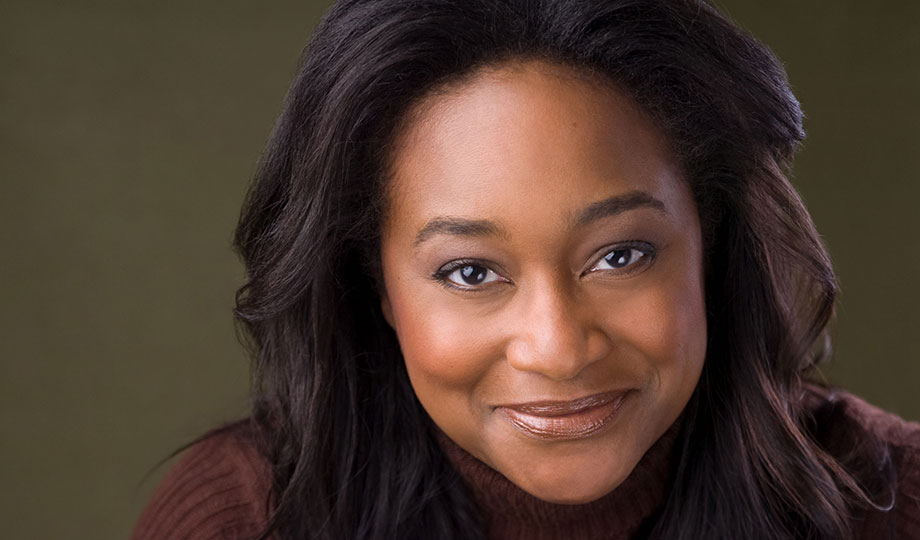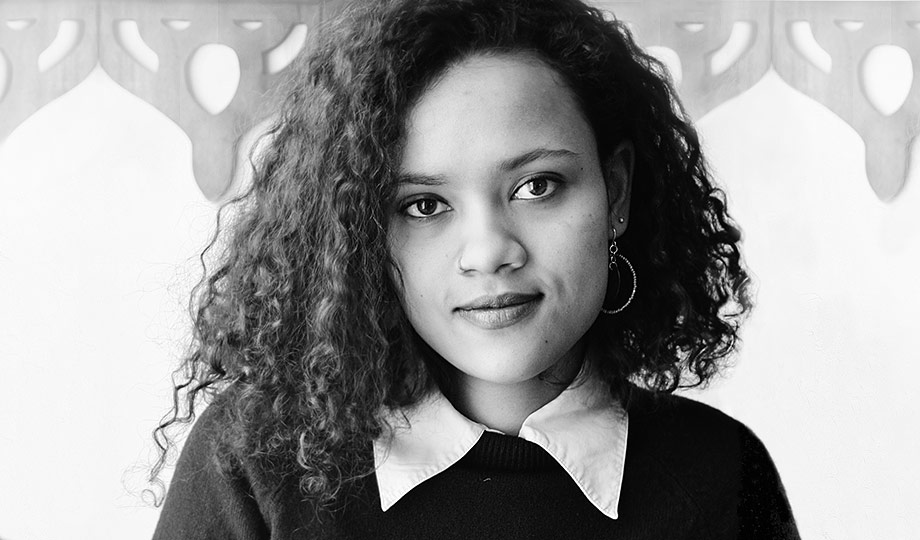The Film and Video Production program is for creative students who want to make movies, commercials or documentaries. Work on a variety of single-camera productions and learn essential filmmaker tasks, including scripting and pre-production, camera and lighting techniques and editing and post-production.
You will have the opportunity to write, direct, shoot and edit your own narrative movies, such as dramas, comedies and action films. You’ll also learn how to work on larger productions as part of a filmmaking crew.
Determine Your Path
Students who dream of working in movies should start with the Film/Video degree to prepare them to work on several types of single-camera production. First-time students seeking this degree should start with the following MPTV courses: Film/Video Aesthetics (MPTV 1111) and Film/Video History (MPTV 1113), as well as the Intro class. Advanced students should take Pre-Production (MPTV 2031, Emphasis on Film), Film/Video Directing (MPTV 2133), and Film/Video Production (MPTV 2131).
For over 15 years, the Motion Picture/Television program at College of DuPage has been educating and training students in videography, television, animation and documentary filmmaking.
As an MPTV student, you'll find:
- Passionate faculty with award-winning national production credits including Disney, Warner Brothers, Paramount and Universal with degrees from top MPTV programs.
- Smaller class sizes with hands-on learning.
- State-of-the-art film and television studio with multi-camera control room, lighting grid, chroma-key screen, green room and more.
- Computer labs with the latest professional, cross-platform software.
- Audio studios with computers, professional software, mixers and professional microphones.
- Individual computer editing suites for advanced students.
- Professional HD/SD digital video cameras and extensive support equipment.
- Internship and employment opportunities with a broad range of employers in Chicago and the suburbs.
- Articulated transfer programs with several prestigious institutions.
Film/Video Production
The Film/Video Production, Associate in Applied Science degree program combines classes in editing, audio, cinematography, pre-production and directing. This provides students pursuing a bachelor's degree in film/video production with a two-year foundation of coursework.
Motion Picture/Television
The Motion Picture/Television certificate program requires 45 credits to completion. Students will take a variety of classes including editing, audio, cinematography, pre-production, directing, 3D animation and more.
Get Started Today
The first step to getting started in the Animation program is to apply for admission.
Our Academic and Career Pathways give you a roadmap to achieving your career goals. Follow a timeline based on your degree that outlines which classes you need to take and when so you graduate on time or move on to the next phase in your career.
Film Degree and Certificate
During the Associate in Applied Science degree program, students will also work toward fulfilling COD’s general education student learning outcomes.
- Plan production using pre-production techniques and materials.
- Recognize technical and aesthetic elements of directing, screenwriting, camera operation, editing, and sound, which mark specific film works, styles, or periods.
- Produce video and audio for the post-production phase of a project.
- Apply principles used in historical works to production.
- Learn how to write for different digital media formats.
- Assemble video and audio to completion of film/video projects.
- Create a unified visual design for a project.
- Prepare students for an entry level position in areas of study.
- Apply visual design rules to techniques used in project creation.
- Construct a portfolio.
- Demonstrate ability to present demo reel to prospective employer.
- Learn research skills.
- Organize film/video crews and shoots for production.
- Plan marketing and distribution of a film/video project.
College of DuPage partners with several four-year institutions to help students seamlessly complete a bachelor’s degree in motion/picture and television. Students can connect with Transfer Services for personalized guidance on transfer opportunities.
For more information about Transfer Pathways, visit the College of DuPage Catalog. The pathway outlines a typical two-year course plan for completing an AA or AS degree before transferring to a four-year program. Course requirements vary by institution, so consult your faculty or academic advisor for specific guidance.
Articulation Agreements
College of DuPage maintains transfer agreements with many colleges and universities to ensure a smooth transition toward a bachelor’s degree. These agreements often include a defined course sequence. Students should regularly meet with a faculty member or Advising Services to stay on track.- Columbia College Chicago, AAS MPTV- Animation to BFA in Computer Animation
- Columbia College Chicago, AAS MPTV- Animation to BFA in Traditional Animation
- Eastern Illinois University, AAS MPTV- Film/ Video to BA in TV Video Production
- Eastern Illinois University, AAS MPTV- Television Production to BA in TV Video Production
- Eastern Illinois University, AAS MPTV- Digital Broadcast Journalism to BA in Journalism with Broadcast News
- Kansas City Art Institute, AAS MPTV to BFA in Animation
- Kansas City Art Institute, AAS MPTV to BFA in Filmmaking
- Kansas City Art Institute, AAS MPTV to BFA in Photography
- University of Wisconsin- Milwaukee, AAS Animation to BA Animation Arts
- University of Wisconsin- Milwaukee, AAS Film/ Video Production to BFA Film
Transfer Guides
Beyond articulation agreements and guaranteed admission programs, College of DuPage courses transfer to many other institutions. Transfer Guides help students select COD courses that meet prerequisites for specific majors and include details such as contact information, major requirements, general education requirements, and transfer policies.Career Information
Explore careers based on your interest, location and salary range or view top occupations by income.





